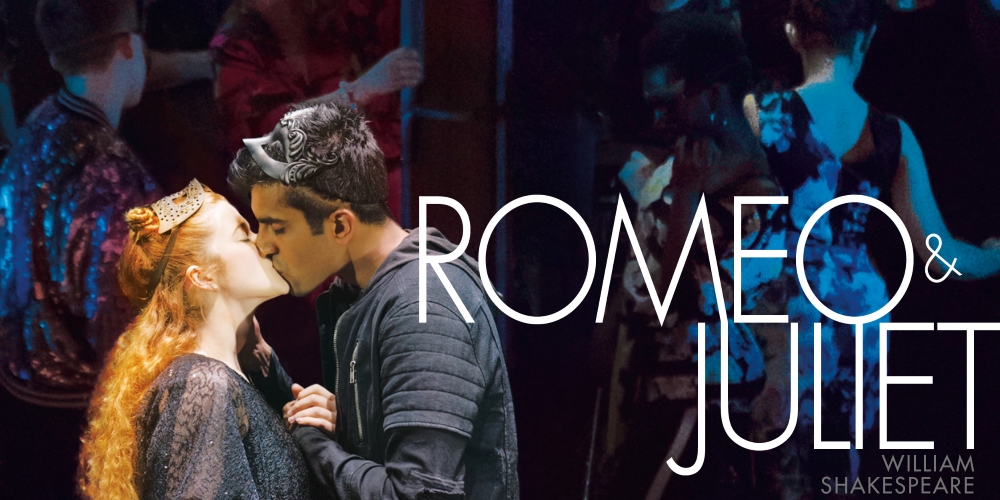Admittedly, this production wasn’t perfect. The age of the cast often made it seem underdeveloped, reminding the audience of a high-end amateur production. Itopened on what could only be described as a concerning start: in the opening act, a collection of young RSC members, formed into a Greek-style chorus, were placed on stage and allowed to unleash as much damage as they could to the audience’s expectations of the play. They took the role of the prologue, delivering a summary complete with plentiful voice breaks, speeches in unison that were never quite in sync, and stiff, frantic place changes. Not much better was Capulet’s feast, where Romeo and Juliet struggled to meet in the midst of a sea of self-conscious slow-motion dancing. It didn’t seem to be to the tastes of either the actors or the audience, and there was a sense of relief throughout the theatre when it was completed.
However, the youth of the cast was breath-taking, with Bally Gill (Romeo) and Karen Fishwick (Juliet) easily passing as an 18 and a 13-year-old respectively. Gill took a while to warm up, but, despite being a little bombastic or foppish at times, he was more than adequate as the lovesick teen. His emphasis of the inevitable humour found in teenage romance was well fitting. However, the real gem of the play was Fishwick: though twenty years old, she was bold, petulant and energised, each scene acted with precision and emotion. She drew the audience in, presenting every line in a new light, spontaneous and full of the colour of doomed youth. Far from elegant and charming, she looked and acted almost flawlessly as the young teen Juliet, both childish and sharply articulate.
Charlotte Josephine was equally powerful: as Mercutio, she played the role of the battle-hungry bruiser perfectly. Her cocky, confident swagger filled up the stage: She looked at all times as if she had stepped out of an East London boxing club, restless and crackling with energy. What was most notable was the strong sense of inevitability that accompanied her presence – her angry physicality seemed itching to be quieted with her death at the hands of Tybalt. She was supported by Ishia Bennison, a surprisingly magnetic nurse to Juliet, and Andrew French, the charismatic Friar Lawrence.
Overall, it was a vibrant and engaging production, its youth highlighting the relevance and vivacity of the play in a modern context. Though often a little self-indulgent and foolish, there was a real energy throughout. For all its faults, it was a production that certainly captured the brash adolescence of the play, making a must see for 2018.
Royal Shakespeare Company, Barbican, directed by the RSC’s Erica Whyman

Comments
Post a Comment